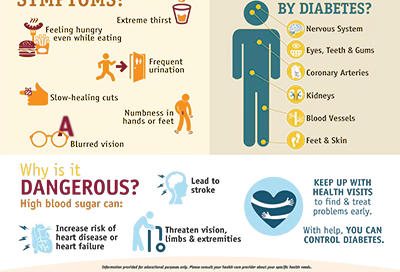TL;DR
Doctors claim to have cured a patient's severe diabetes through a stem cell transplant, marking the first time such a therapy has successfully restored pancreatic function in a patient. Such a treatment could have massive benefits. The global number of people with diabetes is estimated around 400-500 million.
Just before AI as a key driver of vaccines, there was mRNA. Before that, they key "buzzword” in fighting disease was “stem cells.”
Well, stem cells are back! In a potential breakthrough for treating diabetes, doctors in Shanghai say they have cured a patient's severe form of the disease through a stem cell transplantation procedure.
The 59-year-old man with Type 2 diabetes for 25 years has been free of insulin injections for 33 months after receiving a transplant of pancreatic cells derived from his own stem cells, according to an announcement Tuesday from Shanghai Changzheng Hospital.
The case, reported in the journal Cell Discovery, marks the first time a patient with significantly impaired pancreatic islet function—the cells that produce insulin—has been cured of diabetes through a regenerative stem cell treatment, the hospital said.
Type 2 diabetes is a chronic condition that affects how the body metabolizes sugar and is often difficult to treat in severe cases. Over time, high blood sugar levels can cause serious complications such as heart disease, vision loss, kidney disease and nerve damage.
"Our technology has matured and it has pushed boundaries in the field of regenerative medicine for the treatment of diabetes," said Yin Hao, the lead researcher and director of the hospital's organ transplant center.
Diabetes has become a major public health threat in China, which has the world's highest number of patients at 140 million, according to the International Diabetes Federation. Around 40 million Chinese depend on daily insulin injections.
Uncontrolled diabetes can lead to blindness, kidney failure, cardiovascular disease, and other life-threatening complications. Treatment options are limited, especially for severe cases where pancreatic function is significantly diminished.
The Shanghai researchers used the patient's own blood cells to create induced pluripotent stem cells, which they then transformed into "seed cells" to grow functional pancreatic islet tissue in the lab. That tissue was transplanted back into the patient in July 2021.
Within 11 weeks after the surgery, the patient was able to stop using insulin injections. One year later, he was taken off oral diabetes drugs as well, as his pancreatic function had been restored to normal levels.
"Follow-up examinations showed that the patient's pancreatic islet function was effectively restored, and his renal function was within normal range," Dr. Yin said. "Such results suggested that the treatment can avoid the progression of diabetic complications."
While more study is needed, the researchers say the successful case points to the potential for stem cell therapy to treat and potentially cure diabetes, at least in some patients.
This is about much more than money, but sometimes money can really make a point. This is one of those times, I think:
The International Diabetes Federation estimates that diabetes caused at least $1 trillion in health expenditures in 2021, with the U.S. alone spending over $400 billion on diagnosed diabetes. An effective cure that prevents complications and long-term care costs could save national health systems billions of dollars annually.






Always good news for my clan of origin! Hooray!